CATTLE MUSTERING
WHAT DOES THE JOB INVOLVE?
Working with cattle is from the ground, a vehicle and from horseback. Sometimes you will be based at a farm or station, sometimes you will be contracting on another property. There are droving jobs that move cattle from one place to another and often the same employer will have more than one property or ‘out station’ that you could be based in.
It is important to know that if you decide that you want to consider cattle mustering, then you must be prepared for the fact, like in any job, that you will not be on a horse 7 days a week. In saying that, sometimes you maybe droving cattle from sun up to sun down for days on end, but once the cattle are in the yards there is further work to do.
If you are working with livestock, unless otherwise specified, you will be expected to help with a range of jobs which can be very spontaneous or last minute.
You will be expected to work with livestock in the yards which may involve (amongst other duties) drafting, branding, castration, ear tagging or dipping.
There will also be lots of general jobs on the farms such as fencing, gardening, checking bores, fixing machinery, trips to town for food or rural supplies, helping in the homestead, cooking, cleaning and other general jobs.
You may need to ride young inexperienced horses. Mustering is a great way to teach horses to cope with a lot of challenges such as heat, stamina, noise, livestock and of course anything potentially scary.
Work hours:
Expect sun up to sun down. You will work 5-6 days a week and in peak season, sometimes 7. Animals do not stop needing care at the weekends and as you are living and working at your job, there is always something that needs doing. This is a lifestyle, not so much a job, so be prepared to fully immerse yourself into it.
Locations:
Cattle stations are predominantly located in the northern parts of Australia. The north of Western Australia, Northern Territory, Queensland and the north of New South Wales. There are some farms in other locations.
Typical length of job:
Most of these jobs last approximately three months which is a typical length of the mustering season. Sometimes there is further work on the farms after the season has finished.
Season:
Mustering work is typically from about March- June and then Sept- November. This is always subject to weather conditions such as unprecedented drought or flood. You will need to be flexible with dates.
Living conditions:
You will most likely be living in very basic accommodation. A room in the main homestead, separate cottage, donga, out-house or caravan. You may be required to sleep in swags when camping on musters, or in accommodation along the road when travelling. Meals are usually provided by the employers and eaten at the station, unless you are lucky to have access to a car and local town.
Who does this suit?
You need to be tough to work on a station. The hours are long, the work is tiring, it’s hot most of the time, and you may have to camp out, eat basic food and use ‘bush’ facilities for showering and toilets. You can’t be fussy with food and expect to work with some real country people who may shout and swear a bit. The pressure of cattle work is very stressful, but at the end of the day you’ll sit around the camp fire with a beer and laugh about what events have happened.
The horses are often young and green as mustering is a good way to get them quiet and trained up. You must be confident to be put on any type of horse and be expected to ride it all day long. You may be lucky enough to experience camp drafting events, rodeos, polocrosse, horse breaking and other incredible things besides cattle work.
You’ll be shown all the elements involved in working with the cattle. If you want to be a jackaroo or jillaroo, then you must be prepared to help with more unsightly jobs such as castration and branding.
This work is for the adventurous. For someone who wants to work in the real Aussie outback with inspiring locals who dedicate their lives to this sort of work. What an experience!

